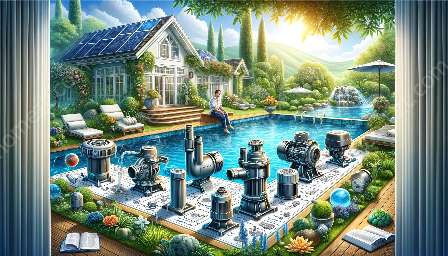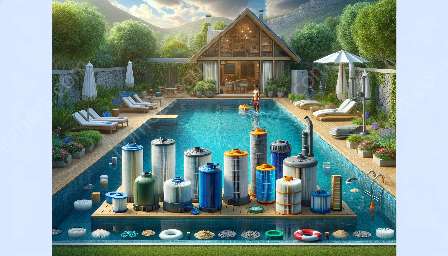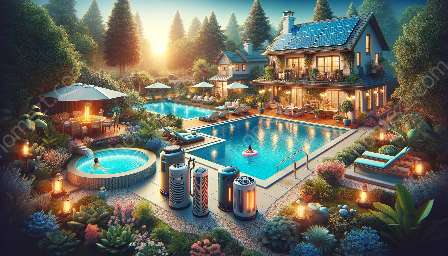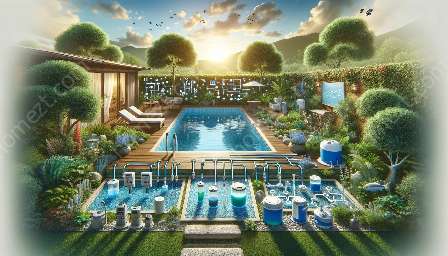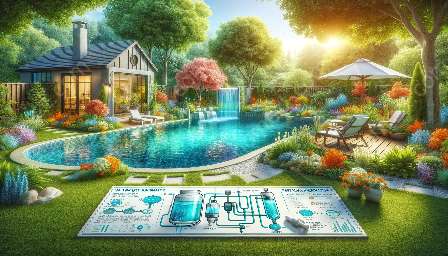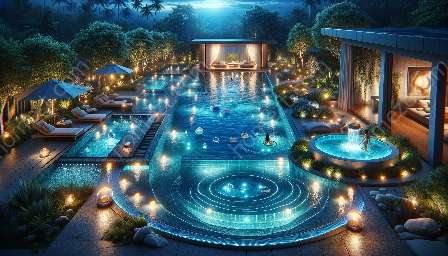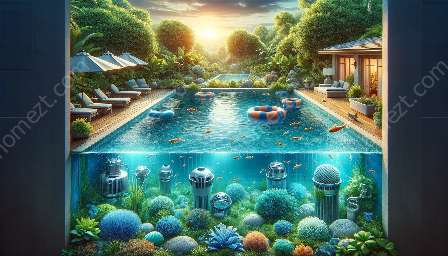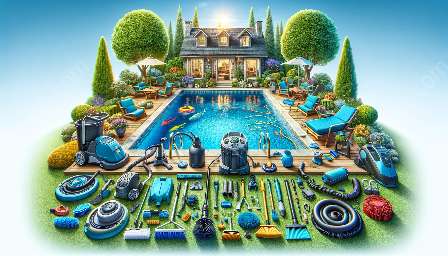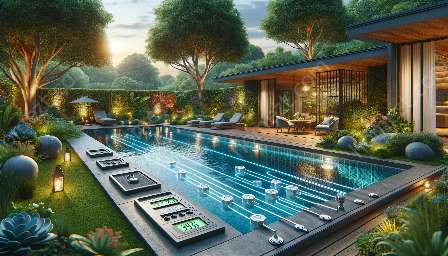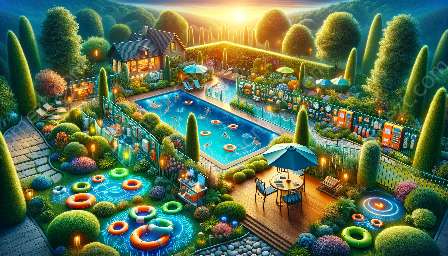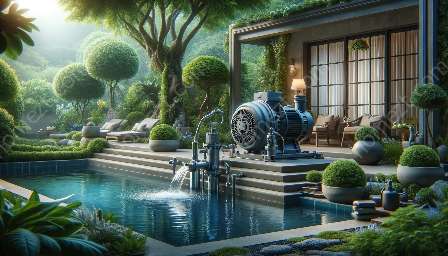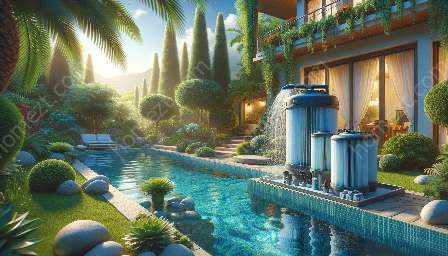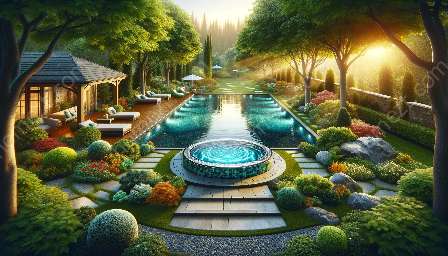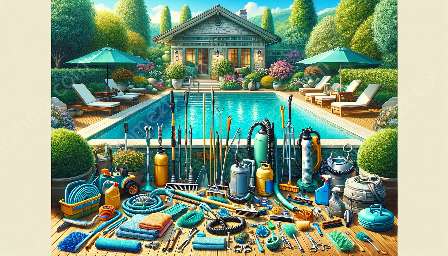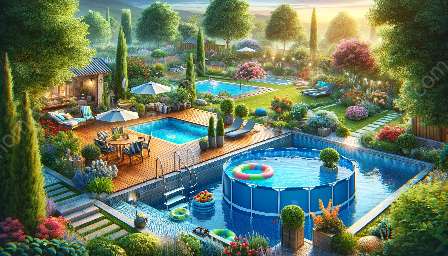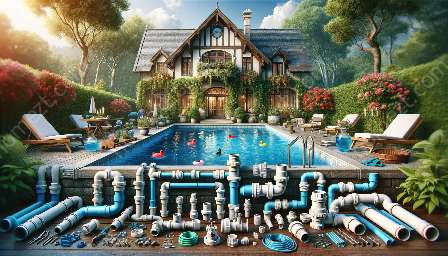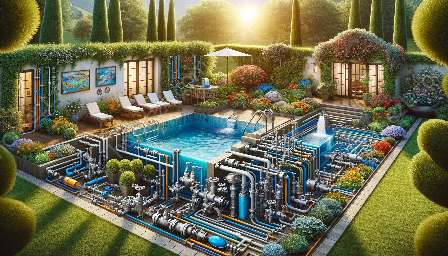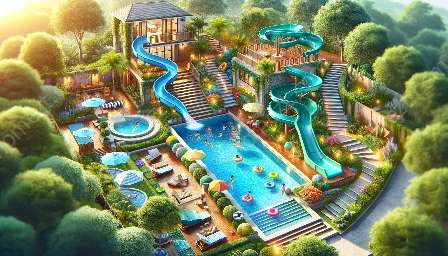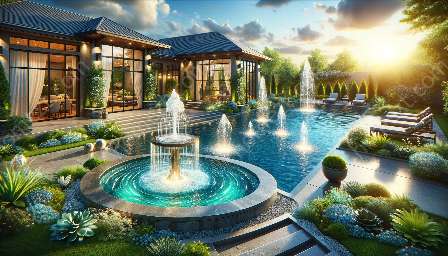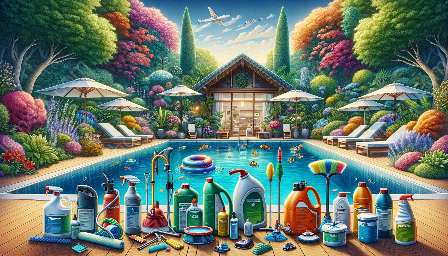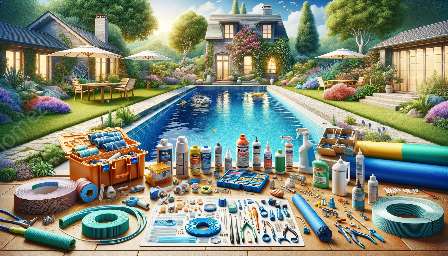If you own or manage a swimming pool or spa, you know the importance of proper maintenance and equipment. One crucial component of pool systems is the pool valve, which plays a vital role in controlling water flow and ensuring the efficient operation of your pool equipment. In this comprehensive guide, we will delve into the world of pool valves, exploring their types, functions, and their relevance to pool equipment and the overall functioning of swimming pools and spas.
Types of Pool Valves
Pool valves come in various types, each designed for specific purposes within the pool system. The most common types of pool valves include:
- Gate Valves: These valves control the flow of water by raising or lowering a barrier (gate) inside the valve, affecting the water flow.
- Check Valves: Check valves allow water flow in one direction only, preventing backflow and maintaining the direction of water circulation.
- Ball Valves: Ball valves use a spherical disc to control water flow, offering quick and reliable shut-off capabilities.
- Butterfly Valves: These valves feature a rotating disc to regulate flow, allowing for efficient throttling and control.
Functions of Pool Valves
Pool valves serve numerous critical functions that are essential for the proper functioning of swimming pools and spas. These include:
- Water Flow Control: Pool valves enable precise control over the flow of water, directing it to specific areas of the pool or spa as needed.
- Pressure Regulation: By adjusting the valves, pool operators can regulate water pressure, ensuring optimal performance and preventing damage to equipment.
- Backflow Prevention: Check valves effectively prevent the backflow of water, maintaining the integrity of the circulation system.
- Isolation: Valves allow for the isolation of specific components of the pool system, facilitating maintenance, repairs, and troubleshooting.
- Flow Direction: Valves play a crucial role in redirecting water flow, enabling efficient filtration and circulation processes.
Pool Valves and Pool Equipment
Pool valves are closely intertwined with pool equipment, and their coordination is essential for the smooth operation of the entire system. Pool equipment such as pumps, filters, heaters, and chlorinators rely on the proper functioning of valves to ensure efficient performance. Here's how pool valves interact with specific pool equipment:
Pumps:
Valves control the flow of water into and out of the pump, enabling the pump to maintain optimal pressure and circulation within the pool system.
Filters:
Valves direct water flow through the filter, facilitating the removal of debris and contaminants to maintain clean and clear pool water.
Heaters:
For pool heaters, valves regulate the flow of water into the heating system, ensuring efficient heating while preventing damage from excessive pressure or temperature.
Chlorinators:
Valves play a key role in controlling the flow of water to the chlorinator, allowing for precise disinfection and distribution of chemicals in the pool water.
Maintenance and Care
Proper maintenance of pool valves is crucial for the longevity and efficiency of your pool system. Regular inspection, cleaning, and lubrication of valves can help prevent issues such as leaks, corrosion, or operational malfunctions. Additionally, ensuring that valves are properly aligned and sealed can optimize their performance and minimize the risk of water loss and equipment damage.
In Conclusion
Pool valves are integral components of swimming pools and spas, playing a pivotal role in controlling water flow, regulating pressure, and enabling the seamless operation of pool equipment. Understanding the different types and functions of pool valves, as well as their interaction with pool equipment, is essential for pool owners, operators, and maintenance professionals. By recognizing the importance of pool valves and implementing proper maintenance practices, you can enhance the efficiency and longevity of your pool system, ultimately leading to a more enjoyable and trouble-free pool experience.

